DWIGHT CARTER | Contributing writer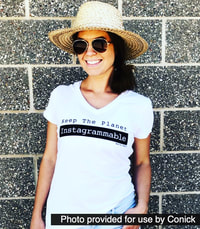 The Fashion Industry has a questionable future. Everyone from big box stores to local independent designers are taking this time to reinvent themselves to keep their business alive during the pandemic and to have an idea of what the future looks like for them. Personally, I have been doing a lot of soul searching, getting on webinars, taking online classes to learn new ways of marketing, and having discussions with local fashion professionals. How do we survive as a fashion city? How do we help each other? One of my conversations was with Jessica Conick. Conick is the regional director for Fashion Group International (FGI), owner of Mount Indigo, and the social media coordinator for Soft Surroundings, a home goods, clothing, and beauty brand focused on creating a stylish and comfortable life for women. Mount Indigo was founded by Conick in 2019 as a passion project and is a curated collection of reused denim jackets and eco-friendly t-shirts all brandishing environmentally supportive slogans. She is also one of the local fashion professionals that created partnerships to launch #314Fashion, a way to connect and bring awareness to local St. Louis designers. How long have you been in the fashion industry? My first job out of college in 2008 was for St. Louis Homes & Lifestyles magazine which was home design focused. It was also around that time that I started making jewelry and selling it at local pop-ups, but when I started working at Soft Surroundings in 2012 doing marketing and public relations was when I really started to focus on fashion. How did Mount Indigo get started? Why did you decide to start this company? I started Mount Indigo about a year ago as a passion project business. I had stumbled on a documentary called “The True Cost” (of fashion), and it totally opened my eyes about fashion being one of the worst polluting industries in the world. I knew I needed to help be a part of the change, so I launched my brand as a way to spread awareness about sustainable fashion, but in a fun way. What do you think about the current state of our industry? How has it affected FGI? Soft Surroundings? Mount Indigo? This is definitely the last thing we saw coming as an industry. Before the COVID-19 crisis, we were all focused on the shifting brick-and-mortar retail landscape and the rise of resale and sustainable fashion. Now, really drastic changes have happened as pretty much every fashion retailer has been forced to temporarily close their doors. At Soft Surroundings we closed all 80 stores around the country temporarily, but we're lucky that we have a large online and catalog business as well. It's harder for retailers, especially small independent boutiques who don't have a solid ecommerce presence. For Fashion Group International of Saint Louis (FGI), we, along with all of the chapters around the world, have been forced to transition our programming to digital. That's actually been an amazing silver lining though because now our members and communities are able to access programs from other FGI regions which was never the case before. We're also working hard to provide support and resources to the entire St. Louis Fashion community starting with the launch of #314FASHION, which we partnered with The Saint Louis Fashion Fund and the #314Together movement to be created in April. We're spotlighting and supporting small local fashion businesses through it and helping to raise funds for The Gateway Resilience Fund. The current crisis has definitely put a lot of my plans on hold for really launching Mount Indigo this spring. I wanted to do a huge launch that coincided with Earth Day in April, but of course all of those events were canceled and postponed. I'm still working on new collections and fun plans though, so stay tuned! What is your definition of sustainability? and why is it important to you? To me, sustainability means that we think about the results of our actions and how they affect other people and the planet, and we use that information to make fair and responsible choices. For fashion, that means thinking about the people making our clothes to ensure they are paid fairly and have good working conditions, even if that means paying a little bit more for our clothes. It also means that we move away from cheap, polluting, and wasteful manufacturing processes and keep our clothes longer instead of thinking of them as disposable. Sustainability is important to me because I grew up in a family where my parents were always very focused on not wasting anything and on doing our part to be responsible for the planet. My mom is a scientist and my dad is the most responsible person I've ever met! I'm sure my career in fashion marketing was not what either of them imagined for me, but I think promoting sustainable fashion is my calling and really ties back to the lessons they taught me. Name three local fashion industry professionals that you consider to be influential in building fashion in St. Louis. I have so many more than three I would have to name! What do you think makes a city a fashion city? I think there are many ways to be a fashion city. Obviously, St. Louis isn't a city you would think of first for people wearing the latest luxury designer collections out and about on the daily. We also aren't a top hub for fashion brands to be based like New York. But we have a huge community of creatives, independent designers, multiple medium-large national and international fashion brands, fashion manufacturing facilities, fashion-related non-profits, and fashion education programs at local colleges. There is so much going on in the fashion industry here that for the people paying attention to it, we can't even keep up with it! I think what's cool is that we're not only a fashion city, but our fashion community is a lot more supportive and accessible than other "fashion cities," so it's a great place to start and grow [as a] fashion business. For more Dwight Carter content, follow him on Instagram: @coachcarterpr
0 Comments
ARIN FROIDL | Editor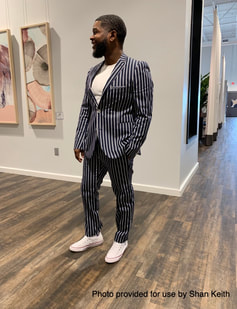 In light of the current sociopolitical environment of our country since the death of George Floyd in May, industries across the country are re-evaluating their business practices and business relations to guarantee there is equity and equality for all. The fashion industry in St. Louis is no different. Designer Shan Keith voiced his thoughts on how both the fashion community and the St. Louis community can change for the better in an interview earlier this June. Keith, a St. Louis native and former Project Runway contestant currently works as a fashion design teacher at North Technical High School. He has designed for celebrities like Zendaya and Rachel Roy, and now spends much of his time designing wedding gowns and prom dresses. In the interview, Keith was asked about how the fashion industry in St. Louis can change to fight racism and promote inclusivity for all. Keith calls for education as a solution to many of the current racist structures in America. He says education, even if it makes a person uncomfortable, is how we can lessen the effects of racism, and we must listen to what each other has to say. "Taking the time to hear the voices and the words of what people of different ethnicities have to say or what they’re doing and how they express themselves," Keith explains, "I think that could be a huge staple in how we can move forward to minimize racism." He voices concern over the current “trend” of Black Lives Matter and other equal rights campaigns. “I don’t think any of this should be a trend,” he says, “with those terms, what they mean is they have an intro, a rise, a peak, and a decline.” By educating themselves, Keith hopes people will be able to sort through the current onslaught of companies aligning themselves with the Black Lives Matter movement. Through extended learning, consumers can work to understand who is truly fighting for equal rights for all and who is capitalizing on the movement’s momentum. “You have to do your homework,” he says. “Watch how people have moved in the past…if there’s a company who you know that wasn’t really working with African Americans or minorities [or] people of different races …you have to call them out on that.” For non-African American people, Keith says that this is the time to ask the questions. He says, “if you’re uncomfortable and don’t really know something, this is the time to ask.” He adds that this is the time for African Americans to call on their Caucasian and non-African American friends to stand alongside them and fight with them. He says this may be a time for consumers to focus on supporting minority designers or small African American business owners to say, “Hey, I’m banding [together] with you in this moment.” "You reap what you sew," says Keith, adding a designer’s twist to the age-old saying. See the full interview on our Facebook page here. For more of Arin's content, you can follow her on Instagram @arin.froidl |
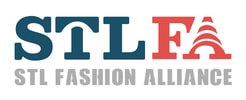
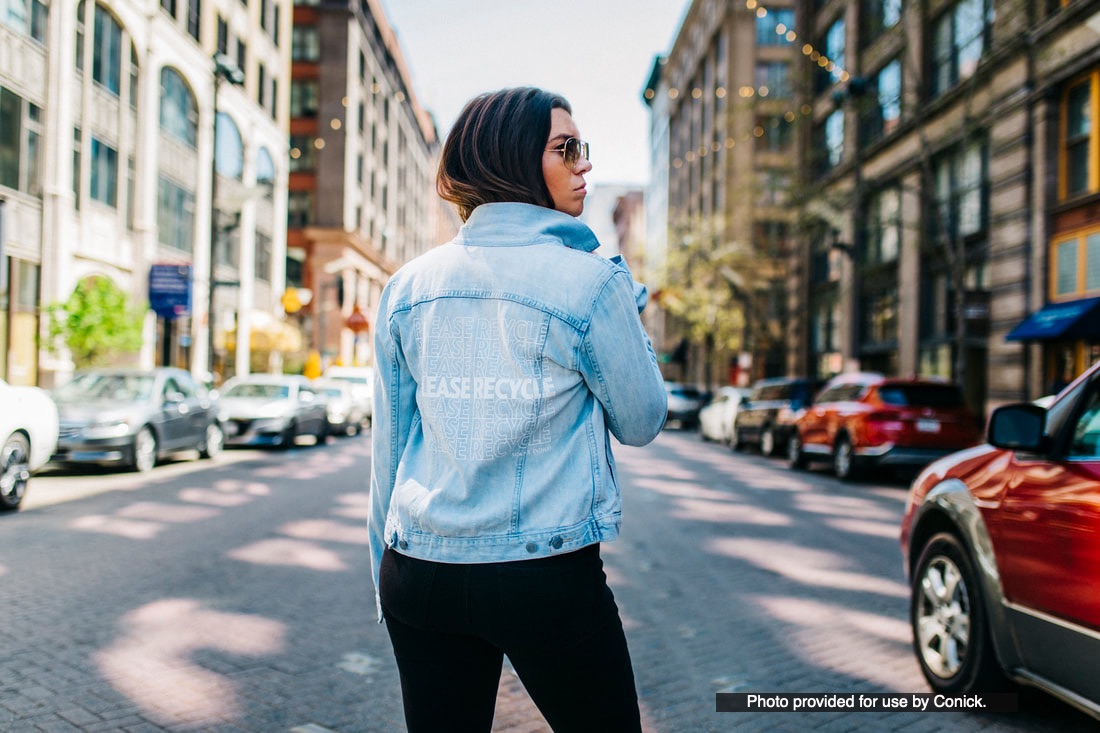
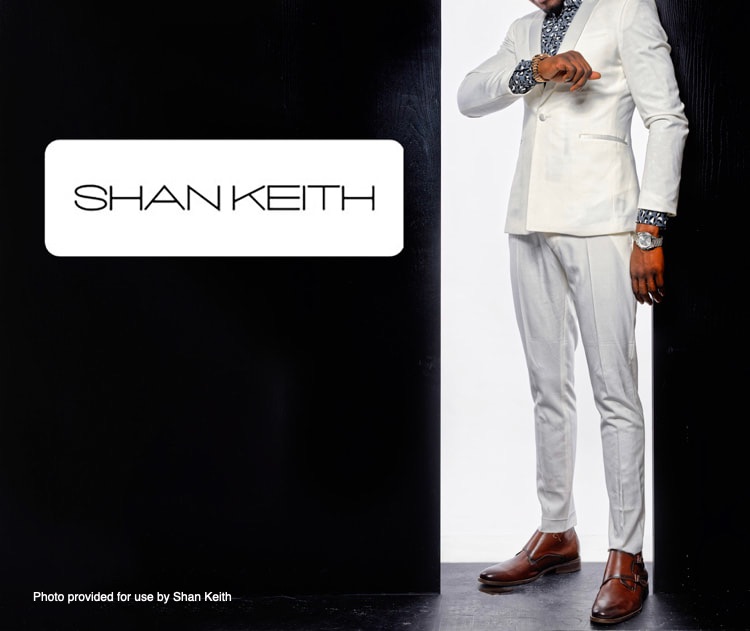
 RSS Feed
RSS Feed